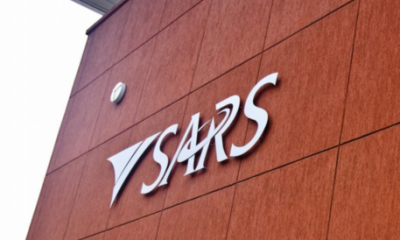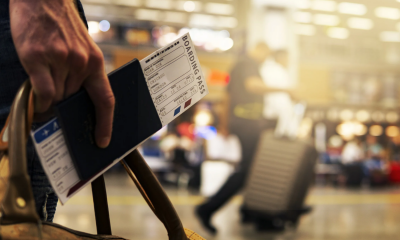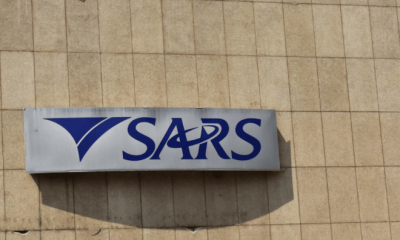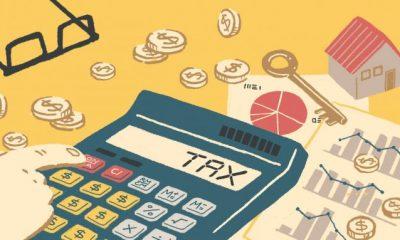Business
Major Push for Fuel Tax Hike in South Africa to Combat Diesel Adulteration
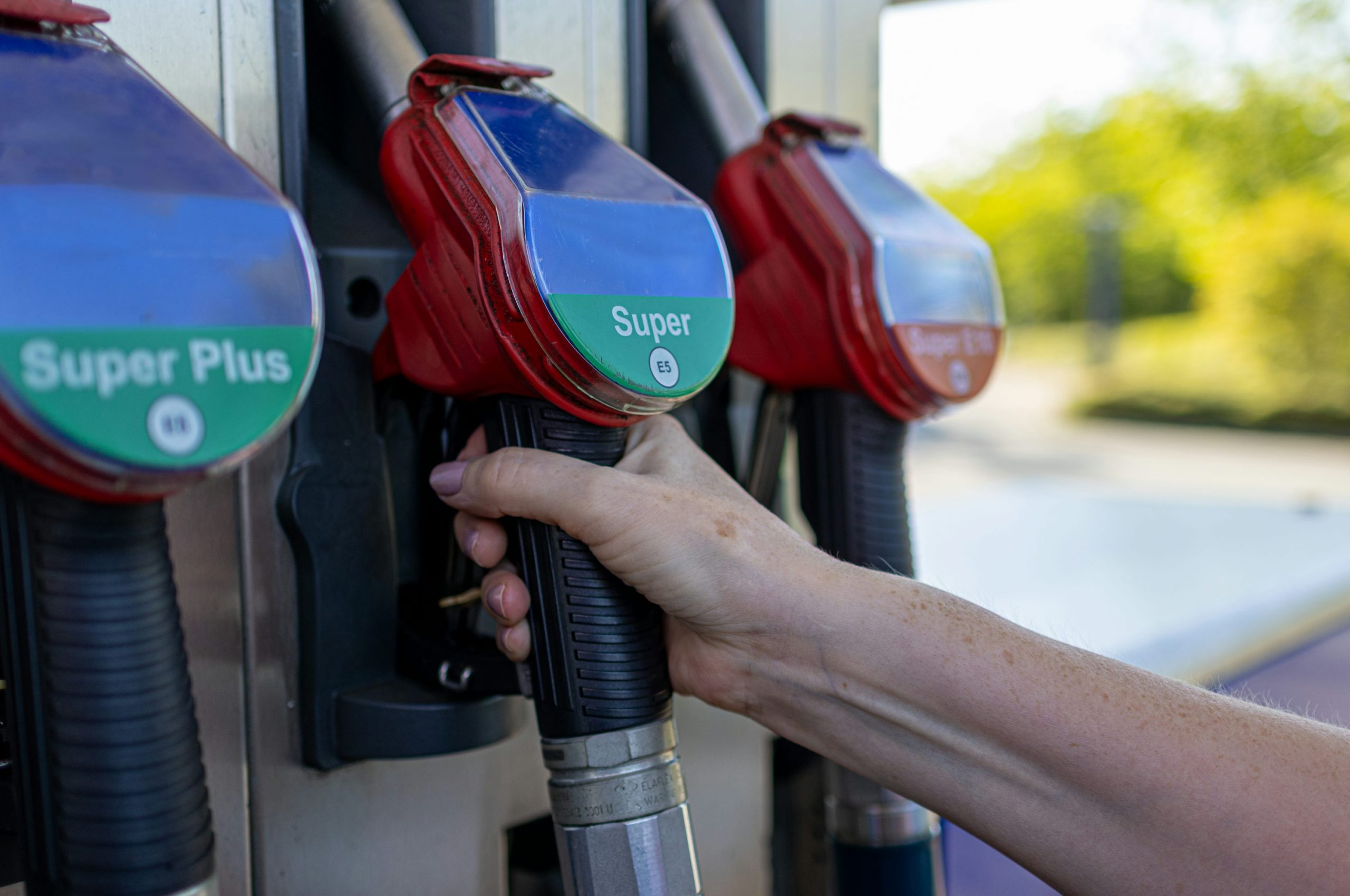
A significant proposal is on the table to address the ongoing issue of diesel adulteration in South Africa. The Fuels Industry Association of South Africa (FIASA) is urging the finance minister and National Treasury to raise taxes on illuminating paraffin, aligning them with those of diesel. This change could increase paraffin taxes by more than 240%, raising prices by nearly R6 per litre. The goal? To eliminate the illicit practice of blending diesel with paraffin, which costs the industry around R3 billion annually.
Understanding the Proposal for Fuel Tax Increase
The problem of diesel adulteration has persisted for years but has escalated since 2019. Known as “dirty diesel,” this fuel is mixed with illuminating paraffin (IP), leading to regulatory violations and damaging engine performance in vehicles. Currently, paraffin benefits from lower taxes compared to diesel, creating an incentive for unscrupulous businesses to blend the two and sell the adulterated fuel at lower prices.
The FIASA argues that by applying the same duties and levies to illuminating paraffin as those on diesel, this practice can be significantly reduced. Currently, diesel in South Africa carries approximately R8.34 in taxes per litre, while paraffin is subjected to only R2.46.
Tax Breakdown
The following is a breakdown of taxes on diesel and illuminating paraffin:
| Levy | Diesel (cents) | Paraffin (cents) |
|---|---|---|
| Basic Fuel Price | 1,011.63 | 1,012.13 |
| Fuel Tax | 384.00 | 0.00 |
| Customs and Excise | 4.00 | 0.00 |
| IP Tracer Dye Levy | 1.00 | 0.00 |
| Pipeline Levy | 0.33 | 0.00 |
| Road Accident Fund | 218.00 | 0.00 |
| Zone Differential | 82.80 | 103.00 |
| Wholesale Margin* | 89.61 | 89.61 |
| Secondary Storage | 36.60 | 36.60 |
| Secondary Distribution | 17.20 | 17.20 |
| Slate Levy (October) | 0.00 | 0.00 |
| Total Taxes | 833.54 | 246.41 |
| Total Price | 1,845.17 | 1,265.94 |
*Based on estimates.
Addressing Socioeconomic Concerns
While the proposal aims to eliminate the economic incentive for blending fuels, it also raises concerns about the impact on poorer households that rely on paraffin as a primary energy source. To address this, the FIASA suggests returning some of the revenue from the increased tax back to low-income families through the South African Social Security Agency (SASSA) grant system. This ensures that vulnerable communities are not disproportionately affected by the tax hike.
Regulatory Actions and Support
The issue of dirty diesel has gained attention from the South African Revenue Service (SARS). Recently, SARS conducted a raid on a suspected major player in the diesel adulteration market, leading to the shutdown of two depots in Limpopo and Gauteng. These actions underline the growing focus on combating fuel fraud in the country.
The proposed fuel tax hike aims to tackle the serious issue of diesel adulteration while ensuring economic justice for South Africa’s most vulnerable citizens. As discussions unfold, the success of these measures will depend on effective implementation and the cooperation of all stakeholders in the fuel industry.

